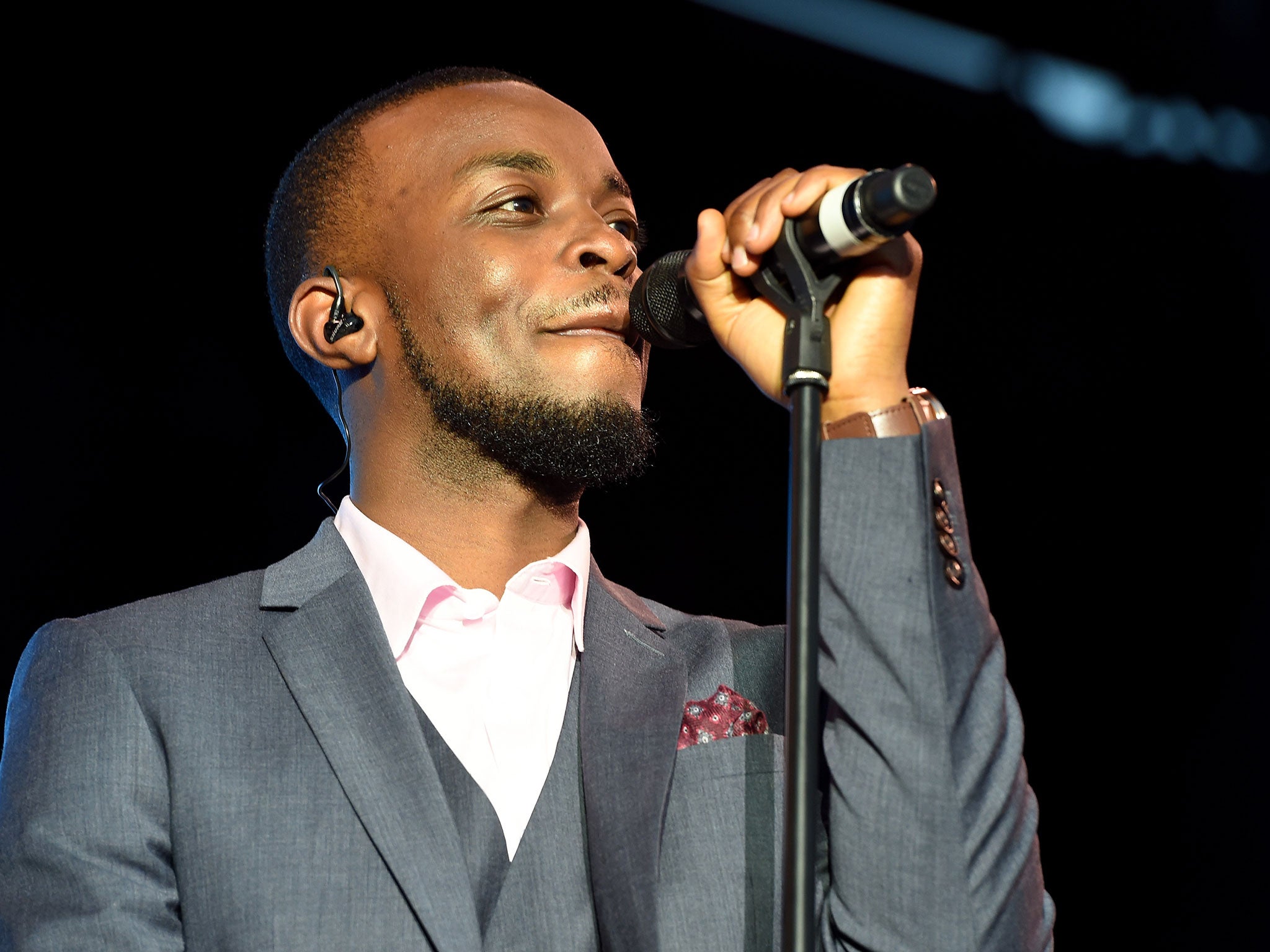George the Poet says he was strip-searched because police stereotype black men
‘Imagine if my nephews woke up and saw their big famous uncle getting handled like this’

Your support helps us to tell the story
From reproductive rights to climate change to Big Tech, The Independent is on the ground when the story is developing. Whether it's investigating the financials of Elon Musk's pro-Trump PAC or producing our latest documentary, 'The A Word', which shines a light on the American women fighting for reproductive rights, we know how important it is to parse out the facts from the messaging.
At such a critical moment in US history, we need reporters on the ground. Your donation allows us to keep sending journalists to speak to both sides of the story.
The Independent is trusted by Americans across the entire political spectrum. And unlike many other quality news outlets, we choose not to lock Americans out of our reporting and analysis with paywalls. We believe quality journalism should be available to everyone, paid for by those who can afford it.
Your support makes all the difference.Social commentator and spoken-word artist George the Poet has said that police officers are guilty of racial stereotyping, claiming he was strip-searched because he is black.
The 27-year-old performer, real name George Mpanga, took to social media back in June to document the “humiliating” moment he was handcuffed and put in the back of a police van outside his family home on suspicion of carrying firearms.
At the time Mr Mpanga, who studied at Cambridge University and opened the BBC coverage of the royal wedding in May, said that his many achievements instantly became irrelevant because officers stereotype black men.
“Imagine if my nephews woke up and saw their big famous uncle getting handled like this. What seeds would that sow in them?” he told his 20,000 followers at the time.
The Metropolitan police said the car he was sitting on had incorrectly shown up on the police national computer as being uninsured, and a review found that the search was carried out in a satisfactory manner.
Mr Mpanga acknowledged the challenges the police face but believes that he was targeted and disrespected without cause of a justification.
“They’re sitting in briefings and they’re going through the information about what they’re about to go out there into and they’re going to say look out for this person, you know, he’s got a warrant out, look out for that person, they’re dangerous, and you’re seeing black face after black face after black face but you don’t have any black people in your life,” he told The Guardian.
“It’s a vicious cycle and because you don’t listen to my music or listen to people like me you don’t have an awareness that, you know, I’m actually making a social contribution.
“There’s nothing in your imagination that sees anything positive in me, otherwise you’d be a bit more respectful to my parents at least.”
The London-born activist, who grew up on an estate in Neasden in northwest London, also said that the police’s crackdown on drill music, the rap genre that is partly categorised by its graphic violent lyrics, was misguided.
In May, video sharing platform YouTube fulfilled the Met’s request for around 30 music videos to be removed after a London drill rap group was issued with a court order that banned them from making music without police permission.
Mr Mpanga disagrees with the notion that drill music is a driving force behind the violence across the capital.
“It occupies them and it’s actually a creative endeavour,” he said. “It’s an action, it’s a commitment, it’s something that you’re doing, so if you’re doing drill, imagine all the things that person is not doing.”
Join our commenting forum
Join thought-provoking conversations, follow other Independent readers and see their replies
Comments